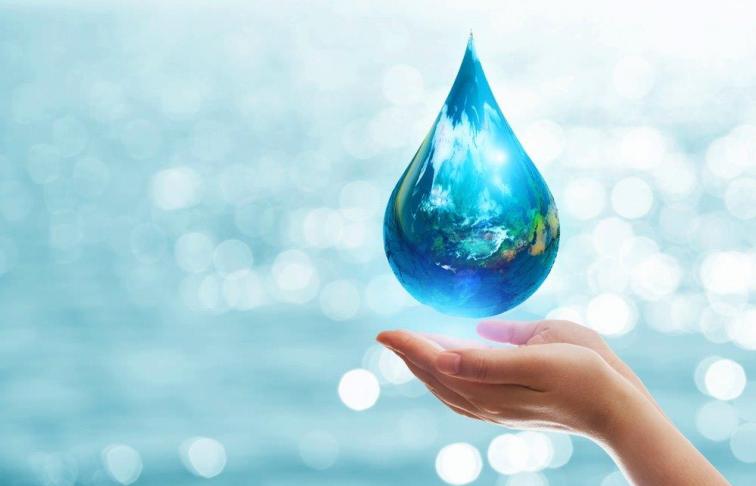Manage your account and see your money through our mobile banking app or on your computer through our website.


In the UK we are incredibly lucky to have so much clean, drinkable water pumped right into our homes. But we only use around 4% of it in food and drinks. Why should we make more effort to save it?
Water use has an impact on the environment – making sure water is clean and accessible takes a lot of energy. It has to come from somewhere in the first place; although fresh water is renewable, there is no guarantee that we can create clean water faster than we use it. We must also be aware of the impact of reservoirs, water treatment plants, drainage and sewerage on the local environment.
Saving water is good for the environment, good for the climate, and can even be good for your wallet. Crucially, we can save water without restricting the water we use – just the water we waste.
How can we save water?
Firstly, have a look at where your water is going. It might come as a shock that a whopping 30% - nearly a third of all our household water – is literally flushed down the toilet. We use another third on personal washing – baths, showers, and running hot water taps. Then we wash our clothes, dishes, and homes. How can we make sure we are minimizing waste?
I don’t have a water meter… does it matter how much water I use?
First of all: it’s a good idea to get a water meter. Most people find that they can save money, while reducing their environmental impact, with little effort. Whether or not your water is metered, your fuel certainly is, and a lot of our household water use is in the form of heated water – baths, showers, radiators etc. Every time you use more hot water than you really need, you’re wasting water, energy, and money.
Local water authorities fit water meters for free, and adjust your charges based on how much water you actually use, just like fuel bills. Many local suppliers will also provide free water-saving kits to help you save water at home – these can include a water saver device for reducing your toilet’s flush volume, shower and tap aerators, and timers to help keep our teeth-brushing and showering times within water-efficient limits.